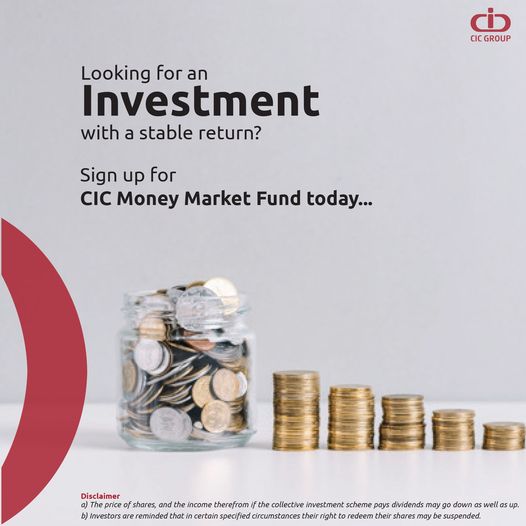
Understanding Money Market Funds: A Secure Option for Conservative Investors
Money Market Funds (MMFs) represent a specialized category of mutual funds tailored to investors looking for stability, liquidity, and competitive returns on their short-term cash reserves. These funds achieve their objectives by investing in a range of high-quality, low-risk securities issued by governments, financial institutions, and corporations. Here’s a detailed exploration of how Money Market Funds work and what makes them a favored choice among conservative investors:
#### Investment Holdings
Money Market Funds primarily invest in the following types of assets:
1. Treasury Bills (T-Bills):
Short-term debt obligations issued by governments, offering a secure investment with maturities typically ranging from a few days to one year.
2. Certificates of Deposit (CDs):
Time deposits with commercial banks, providing fixed interest rates and specific maturity dates, ensuring both security and predictability.
3. Commercial Paper:
Short-term debt issued by corporations to fund immediate financial needs, with maturities typically ranging from a few days to 270 days, offering higher yields than traditional bank deposits.
4. Short-Term Bonds:
Bonds issued by governments, municipalities, or corporations with maturities typically ranging from one to five years, providing diversification and slightly higher yields compared to other MMF assets.
Objectives and Characteristics
1. Safety and Stability:
MMFs prioritize investments in high-quality securities with short maturities, aiming to minimize credit risk and maintain stability in fund performance.
2. Liquidity:
Maintaining high liquidity is crucial for MMFs, as they invest in securities that can be easily converted into cash without significant price fluctuations. This ensures investors can redeem their shares promptly when needed.
3. Yield:
MMFs strive to generate competitive yields relative to traditional savings accounts, making them attractive for investors seeking better returns on their cash reserves while preserving capital.
#### Operation and Regulation
1. Net Asset Value (NAV):
MMFs maintain a stable NAV per share, typically set at $1, ensuring consistency in the value of investor holdings through prudent investment selection and diversification.
2. Diversification:
By diversifying across various issuers, sectors, and types of short-term securities, MMFs mitigate risks associated with individual securities and market fluctuations.
3. Regulatory Oversight:
MMFs are subject to stringent regulatory frameworks in many countries to safeguard investor interests. Regulations govern the types of securities MMFs can invest in, portfolio maturity limits, and disclosure requirements, enhancing transparency and accountability.
#### Investor Access and Benefits
1. Accessibility:
Investors can easily purchase MMF shares through financial institutions, brokerages, or directly from fund companies, with the flexibility to redeem shares at any time, providing liquidity and convenience.
2. Convenience:
MMFs offer a hassle-free way for investors to earn interest on idle cash reserves without the need for active management, making them suitable for both individual and institutional investors.
3. Tax Efficiency:
Depending on local tax laws, income generated by MMFs may benefit from favorable tax treatment, enhancing after-tax returns compared to other investment options.
#### Risks to Consider
1. Interest Rate Risk:
Fluctuations in interest rates can impact MMF yields and the market value of their securities, affecting overall fund performance.
2. Credit Risk:
Although MMFs invest in high-quality securities, there is a risk that issuers may default on their obligations, potentially leading to losses in fund value.
3. Market Risk:
Changes in economic conditions, regulatory policies, or sudden market disruptions can affect the stability and performance of MMFs, highlighting the importance of ongoing monitoring and risk management.
In summary, Money Market Funds serve as a prudent choice for conservative investors seeking stability, liquidity, and competitive yields on their short-term cash reserves. By focusing on low-risk, high-quality securities and adhering to strict regulatory standards, MMFs provide an effective tool for diversifying and managing investment portfolios effectively in varying market conditions. Understanding these fundamentals empowers investors to make informed decisions aligned with their financial goals and risk tolerance levels.




